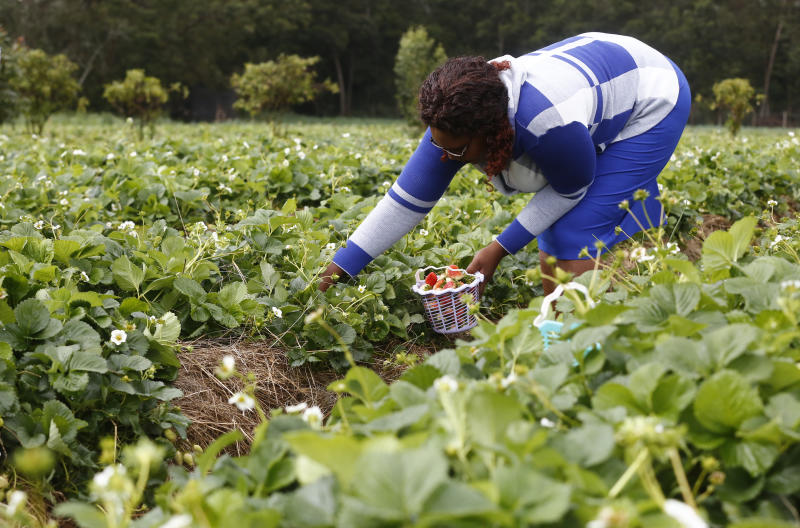×
The Standard e-Paper
Stay Informed, Even Offline

1. You have vast knowledge in farming. Share with us your background...
I am an agronomist with experience in the flower industry. I however resigned from the flower industry to concentrate on agribusiness after discovering potential in sweet potatoes and strawberry farming. So I am now a full time farmer of these crops. When I am not farming I provide training to youth on how to make it in agribusiness predominantly in Western and Nyanza regions. I am now making a good living from farming sweet potatoes and strawberries.